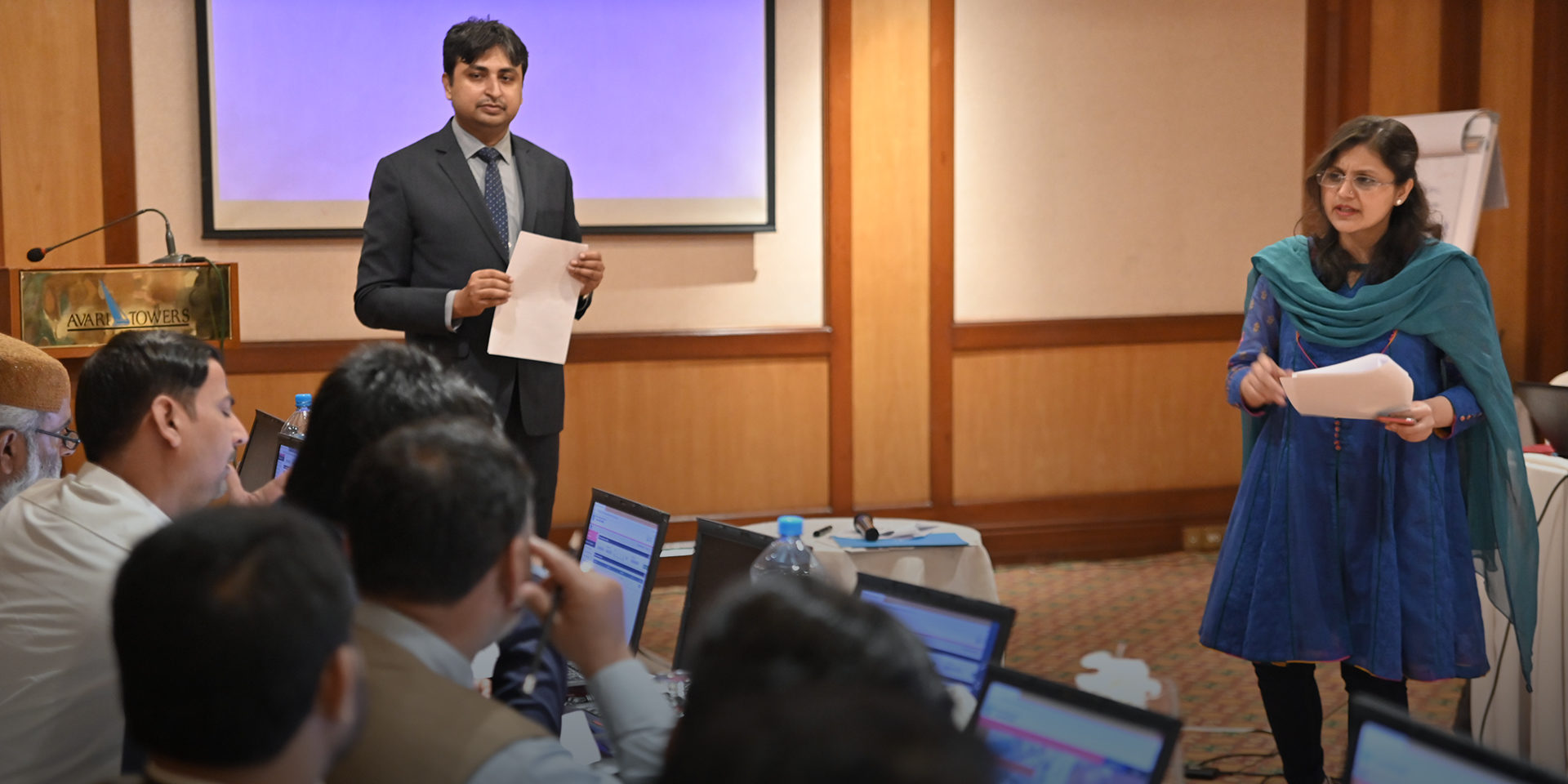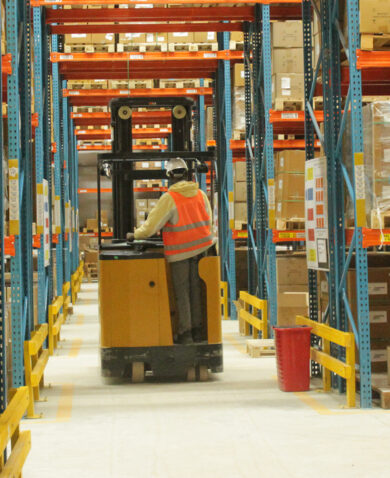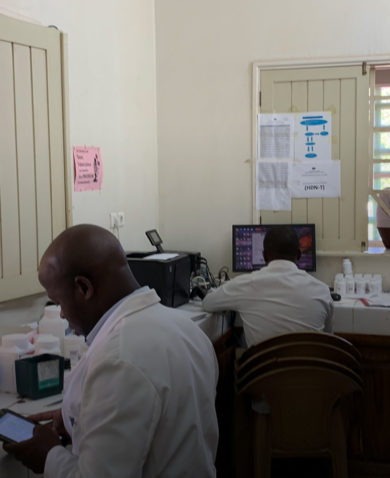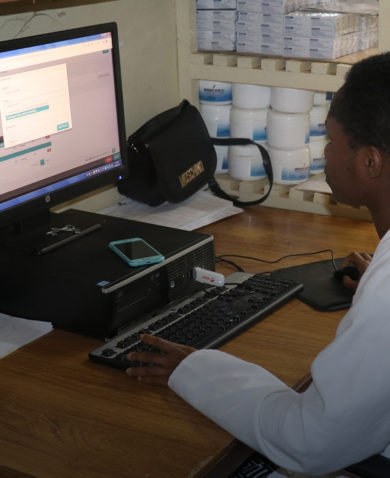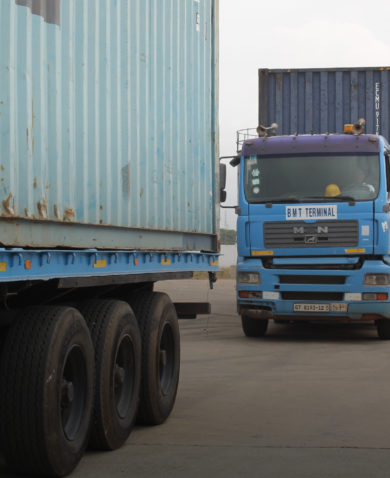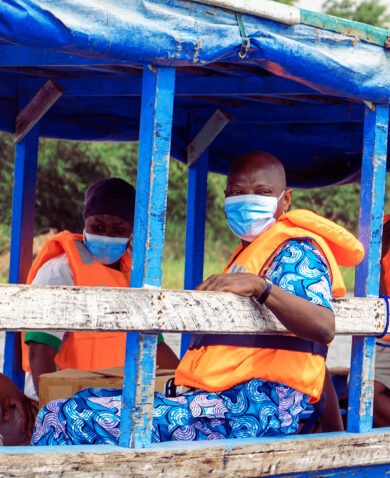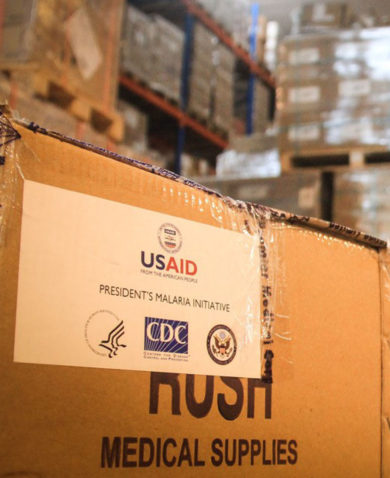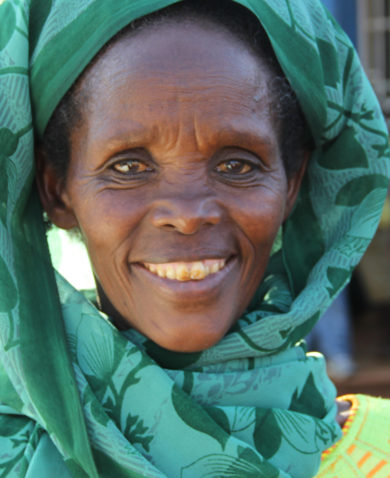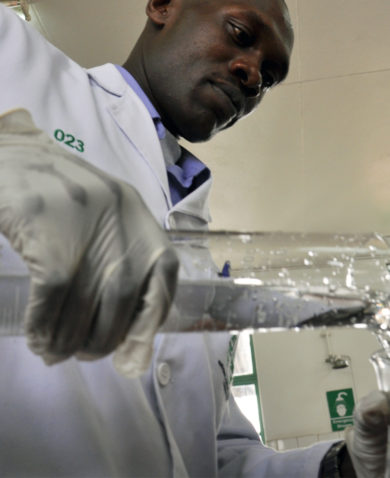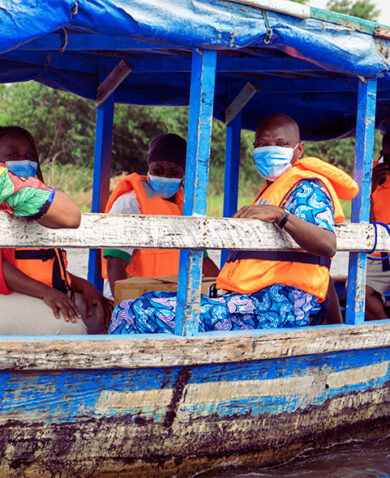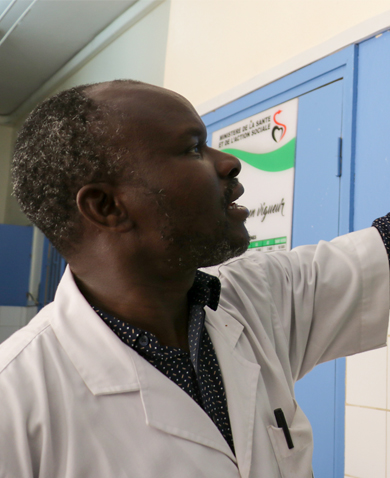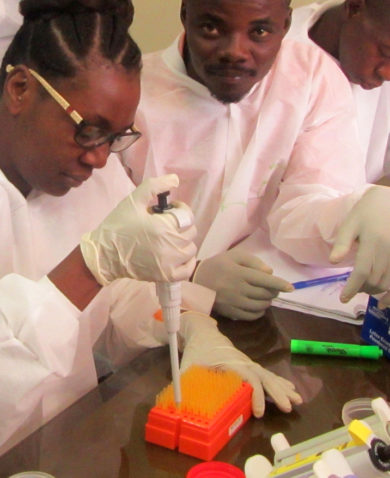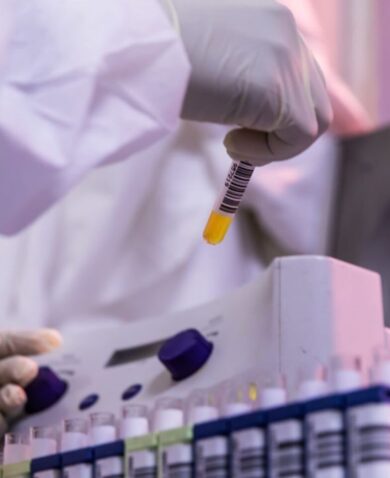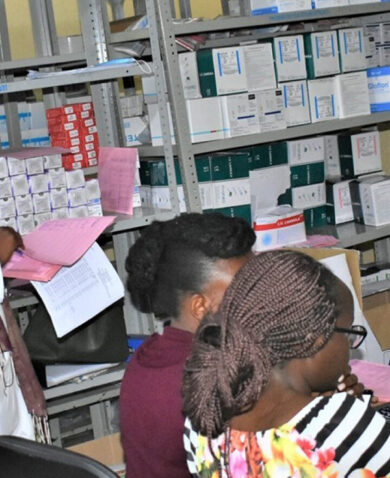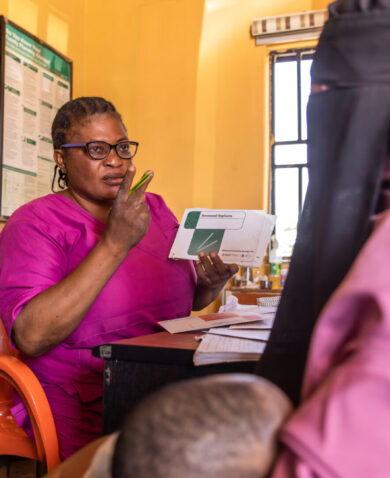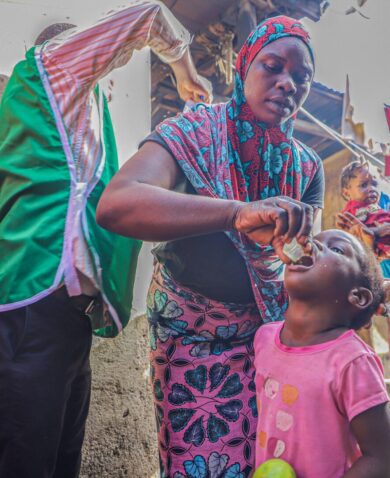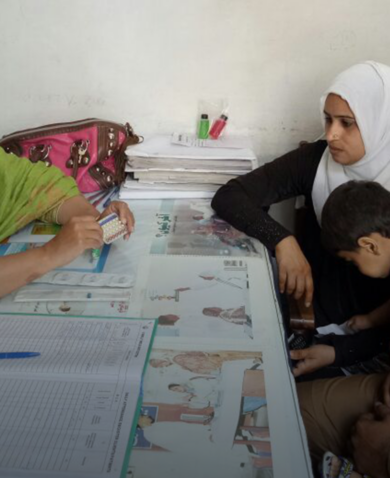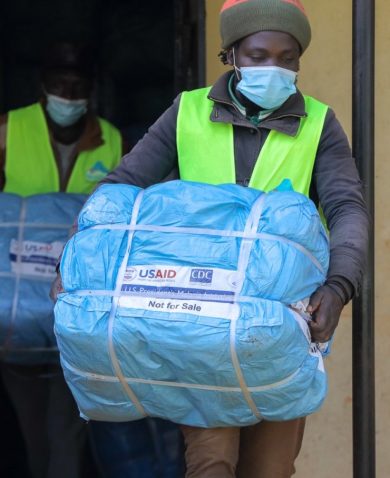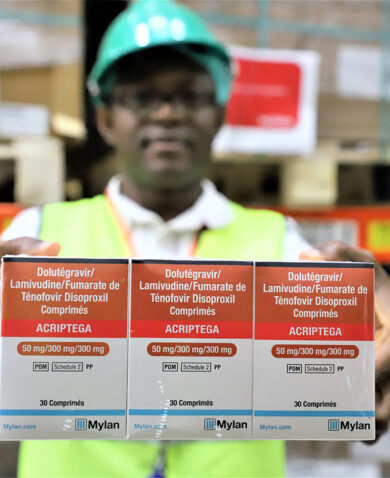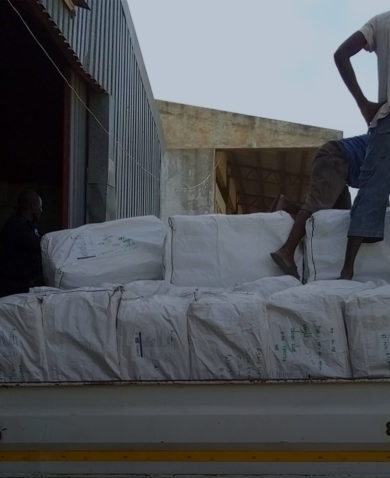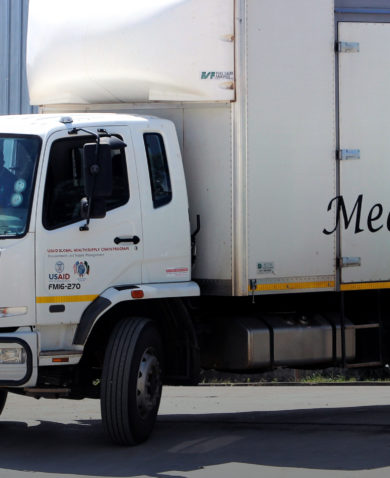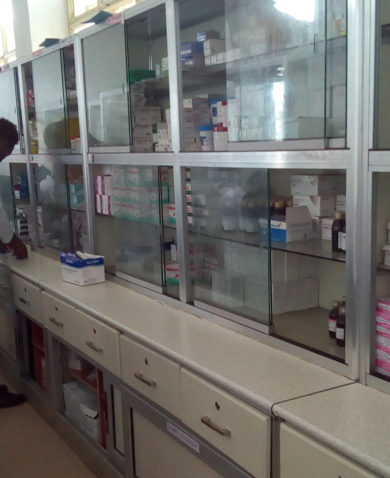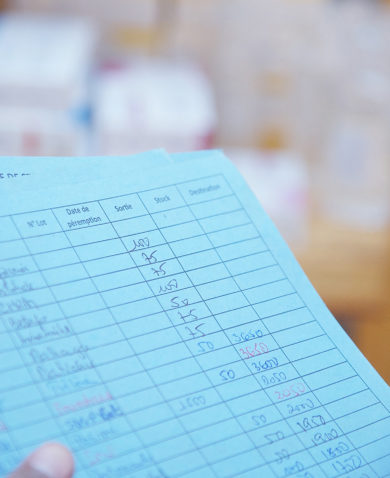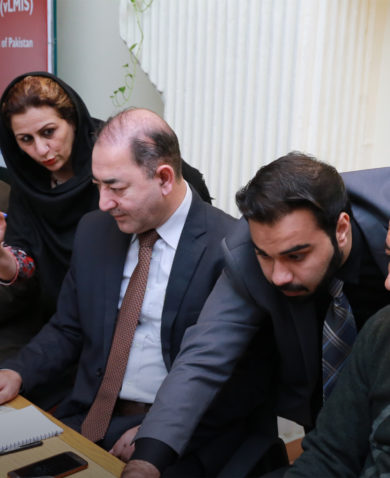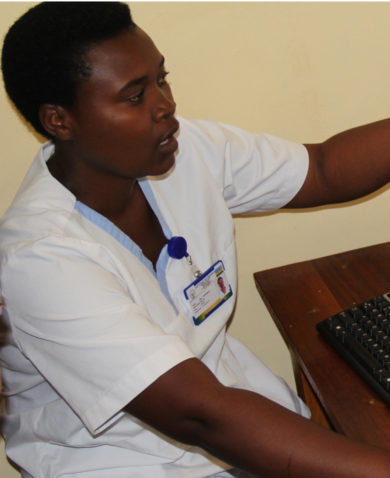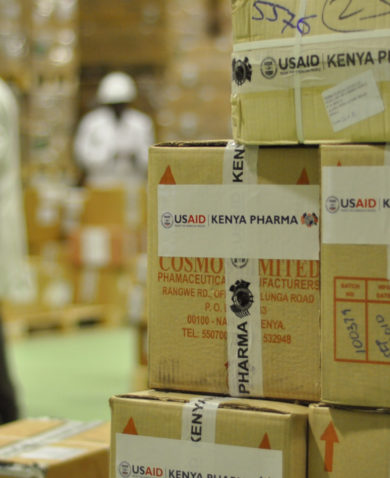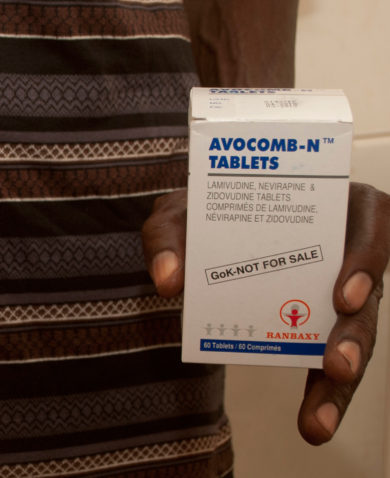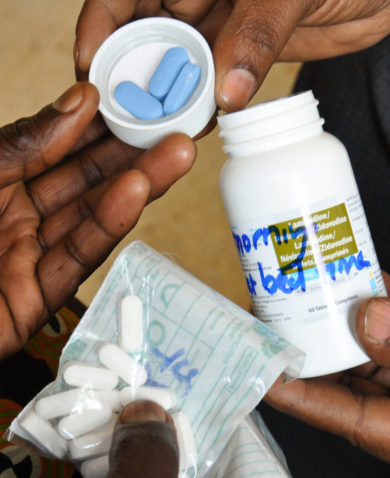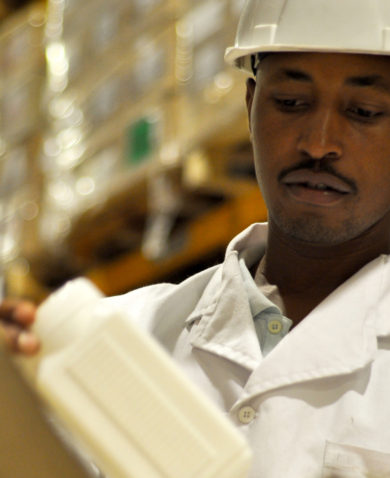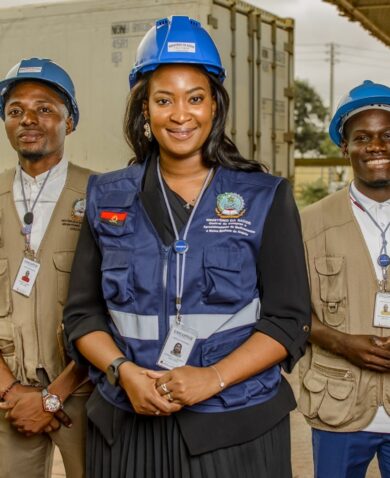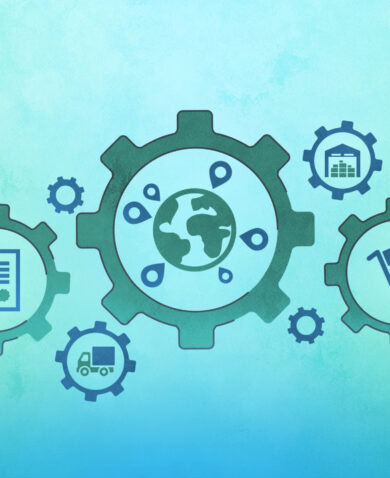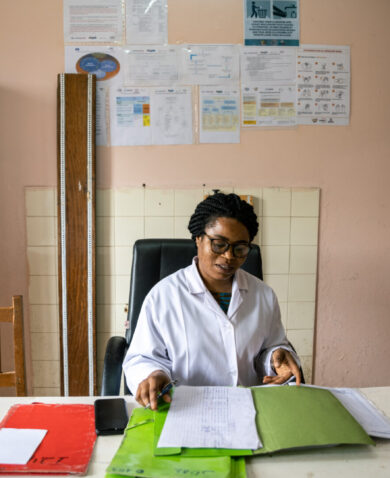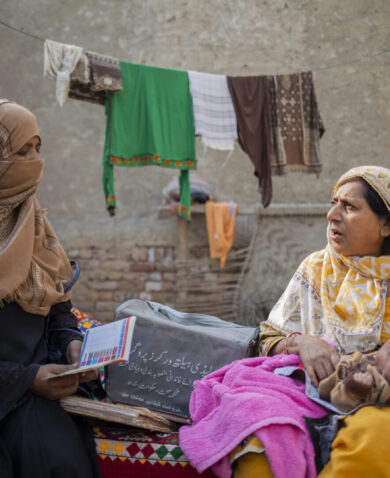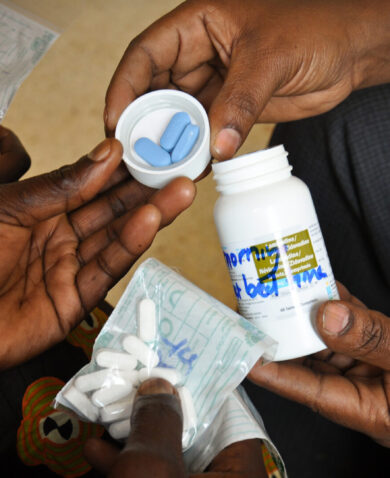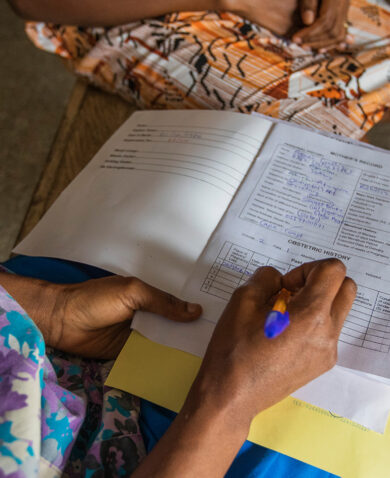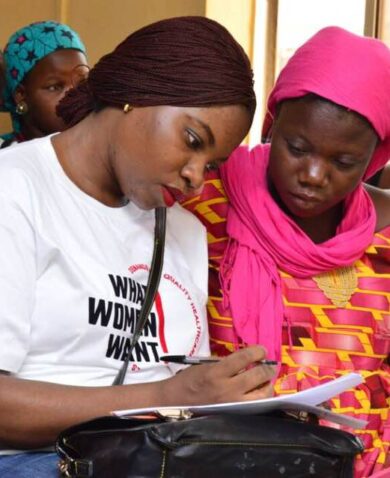UNICEF Pakistan Health Logistics Management Information Systems (HLMIS) Project
Millions of children in Pakistan are at risk of neonatal, infant, and under five mortality due to untreated diarrhea and pneumonia. In response, the Government of Pakistan and other stakeholders have deployed various progressive interventions to improve maternal and child health care in Pakistan with the goal of ending preventable childhood deaths due to pneumonia and diarrhea by 2025.
As part of the Bill and Melinda Gates Foundation-funded child survival project, UNICEF and the Provincial Governments of Sindh and Punjab help develop need-based procurement and supply plans with improved quantification and forecasting for pneumonia and diarrheal health products. Chemonics developed a digitized HLMIS with linkages to the local health information system, allowing district store workers to record related data on one integrated platform. This will improve commodity security of maternal, neonatal, and child health (MNCH) Very Essential Medicines List products, averting stock outs, and improving data quality and visibility at all levels while reducing waste of resources, optimizing financing, and enhancing decision making ability of the government’s health managers.
Through assistance to the Governments of Sindh and Punjab, the project reduces maternal and infant mortality rates caused by diarrhea and pneumonia. Reporting through HLMIS improves health commodity storage and stock reporting practices, reducing waste and expiry of commodities. Better record keeping and data management improves transparency, forecasting, supply planning, and reduces theft. Ultimately, the project improves the accessibility of quality health care products to women and children in need, regardless of location or socioeconomic background.

